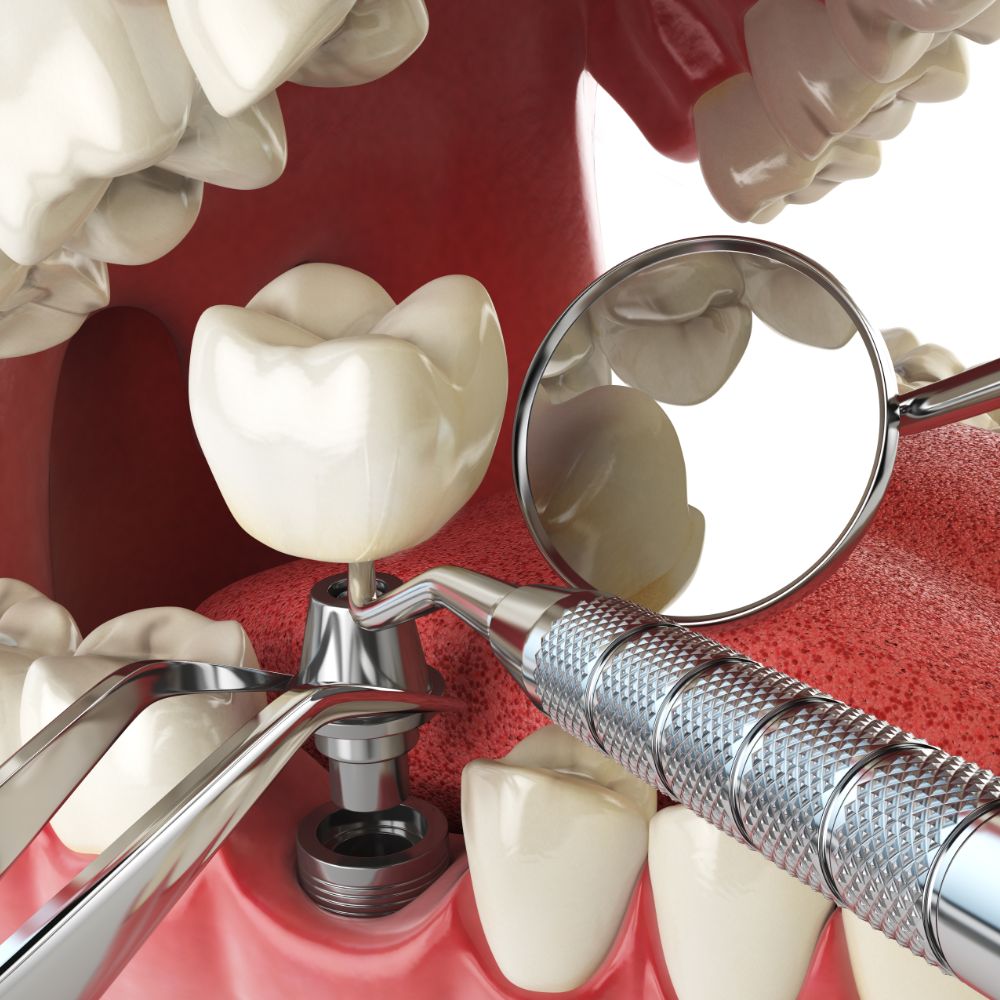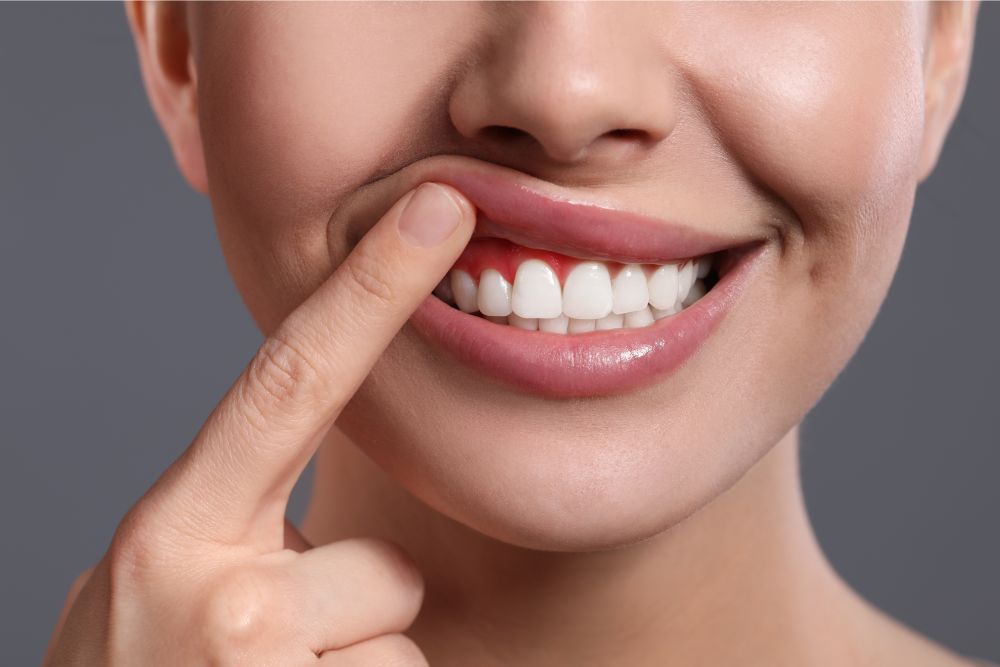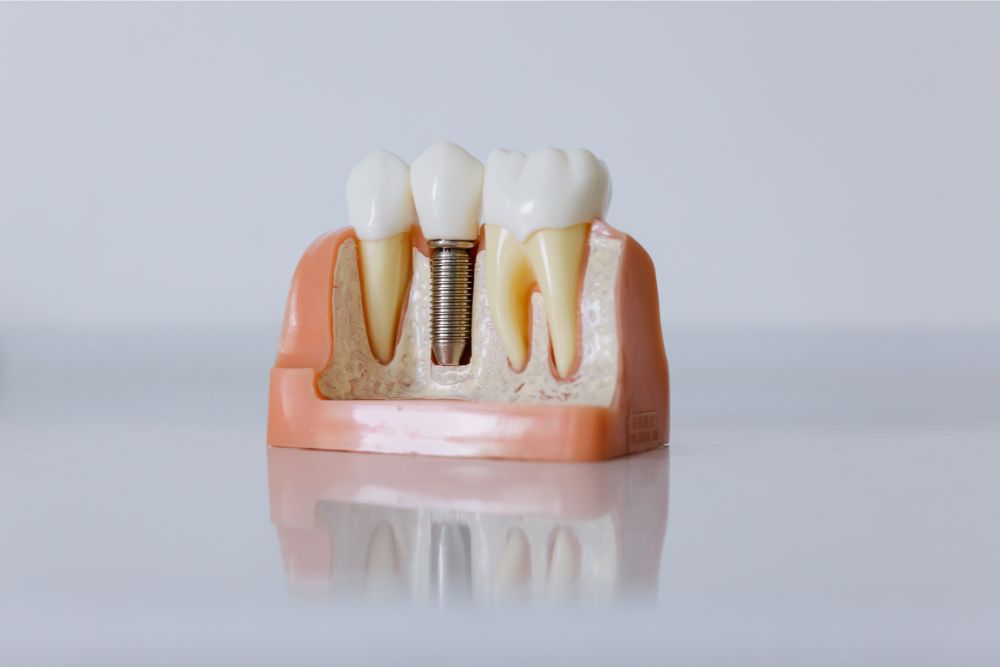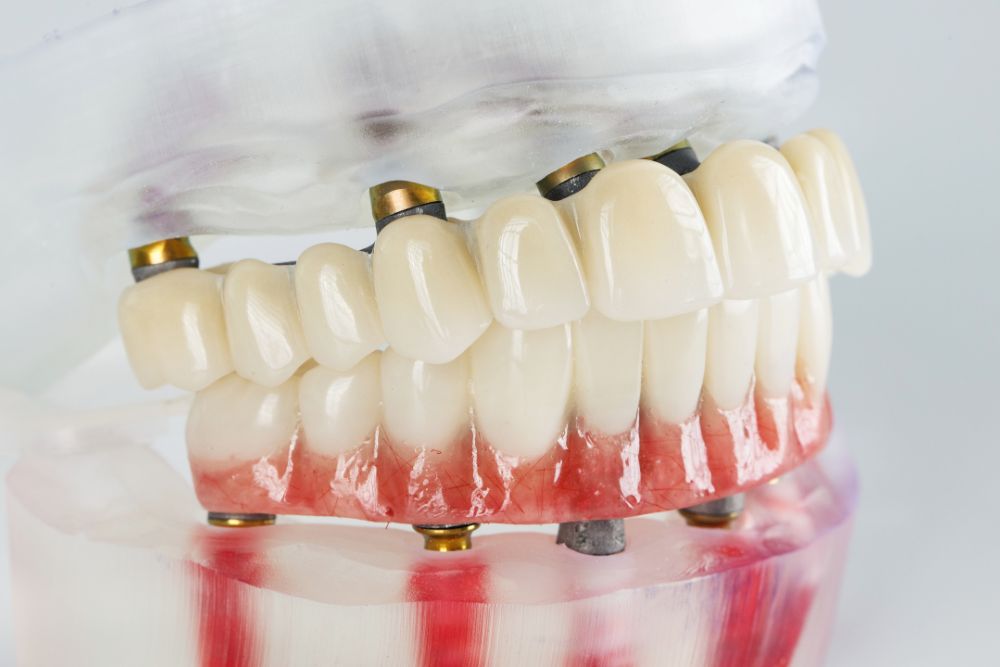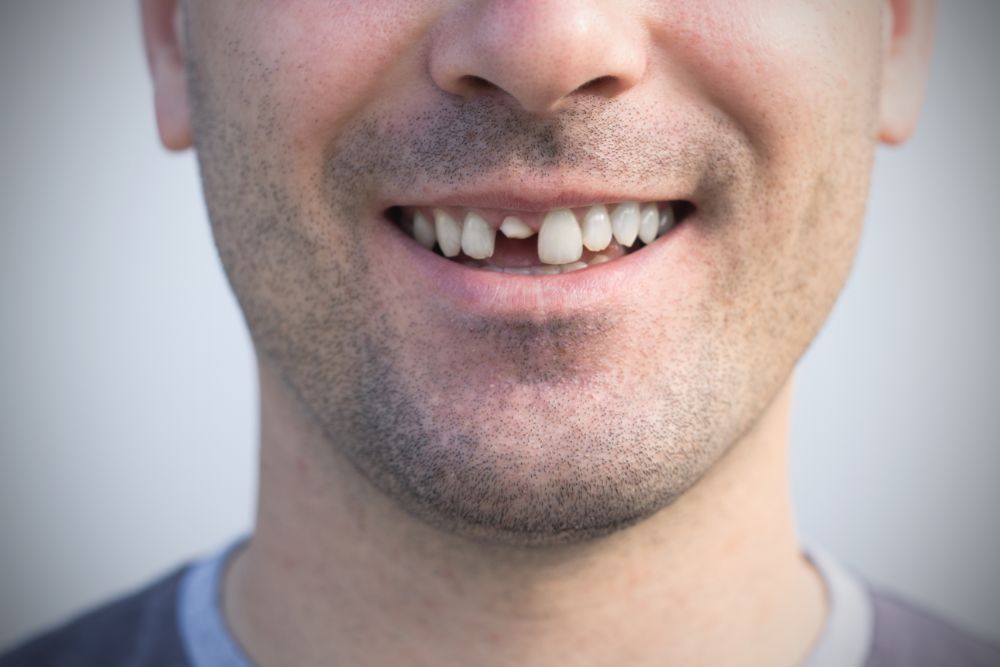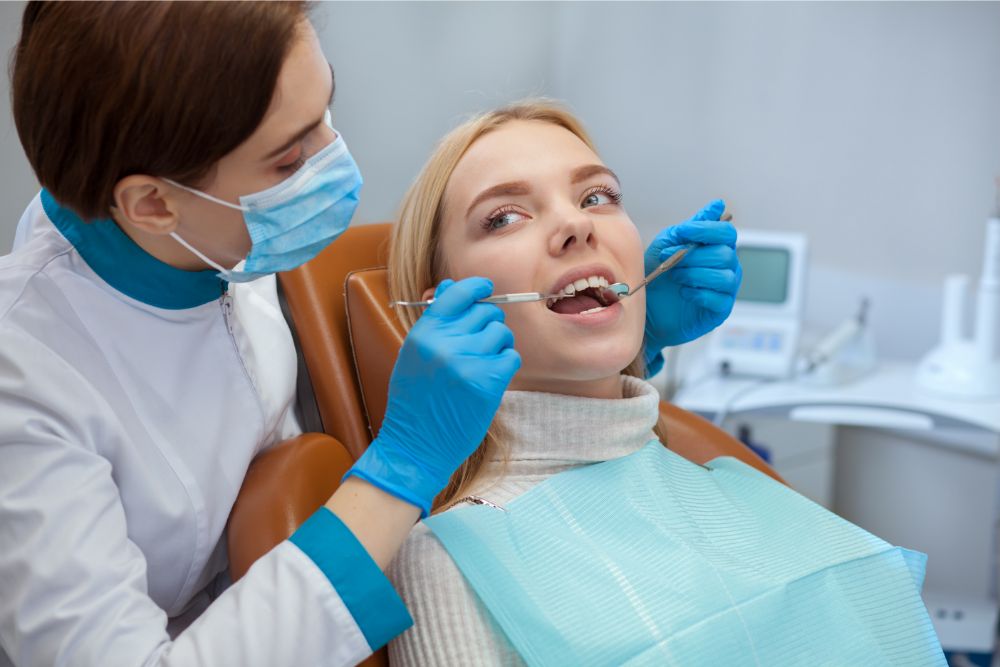
If you are distracted by protruding teeth on your smile, you’re not alone. Protruding teeth, also known as buck teeth or overjet, can have an effect on your oral health. However, there are solutions available to address this common dental issue.
At Pro Health Dental, our Mission Viejo dentist and team understands the importance of a confident smile and offers various treatments for protruding teeth.
Orthodontic Treatment
One of the most effective ways to correct protruding teeth is through orthodontic treatment. Traditional braces or clear aligners can gradually move your teeth into proper alignment, reducing the prominence of protrusion and improving the overall appearance of your smile. At Pro Health Dental, our experienced orthodontists will customize a treatment plan tailored to your needs and goals.
Fastbraces
Fastbraces offer a quicker solution for those seeking to correct protruding teeth. A difference with regular braces is that they utilize innovative technology to move both the root and crown of the teeth simultaneously, potentially reducing treatment time. Many patients wonder if they can wear Fastbraces during sports – the answer is yes! Fastbraces are designed to be comfortable and durable, allowing you to continue your active lifestyle without interruption.
Cosmetic Dentistry
In some cases, protruding teeth may require additional cosmetic procedures such as veneers. This process can help camouflage the appearance of protrusion, creating a more harmonious smile. Our skilled cosmetic dentists can assess your individual needs and recommend the best course of action.
Surgical Intervention
In severe cases of protruding teeth, surgical intervention may be necessary. Orthognathic surgery can reposition the jaw to correct bite alignment issues, ultimately improving facial aesthetics and function. Our team will work closely with you to determine if surgical treatment is the right choice for your situation.
Don’t let the complications of protruding teeth affect your smile and oral health. Schedule a consultation with Pro Health Dental in Mission Viejo today to explore your options for achieving a beautiful, balanced smile.

